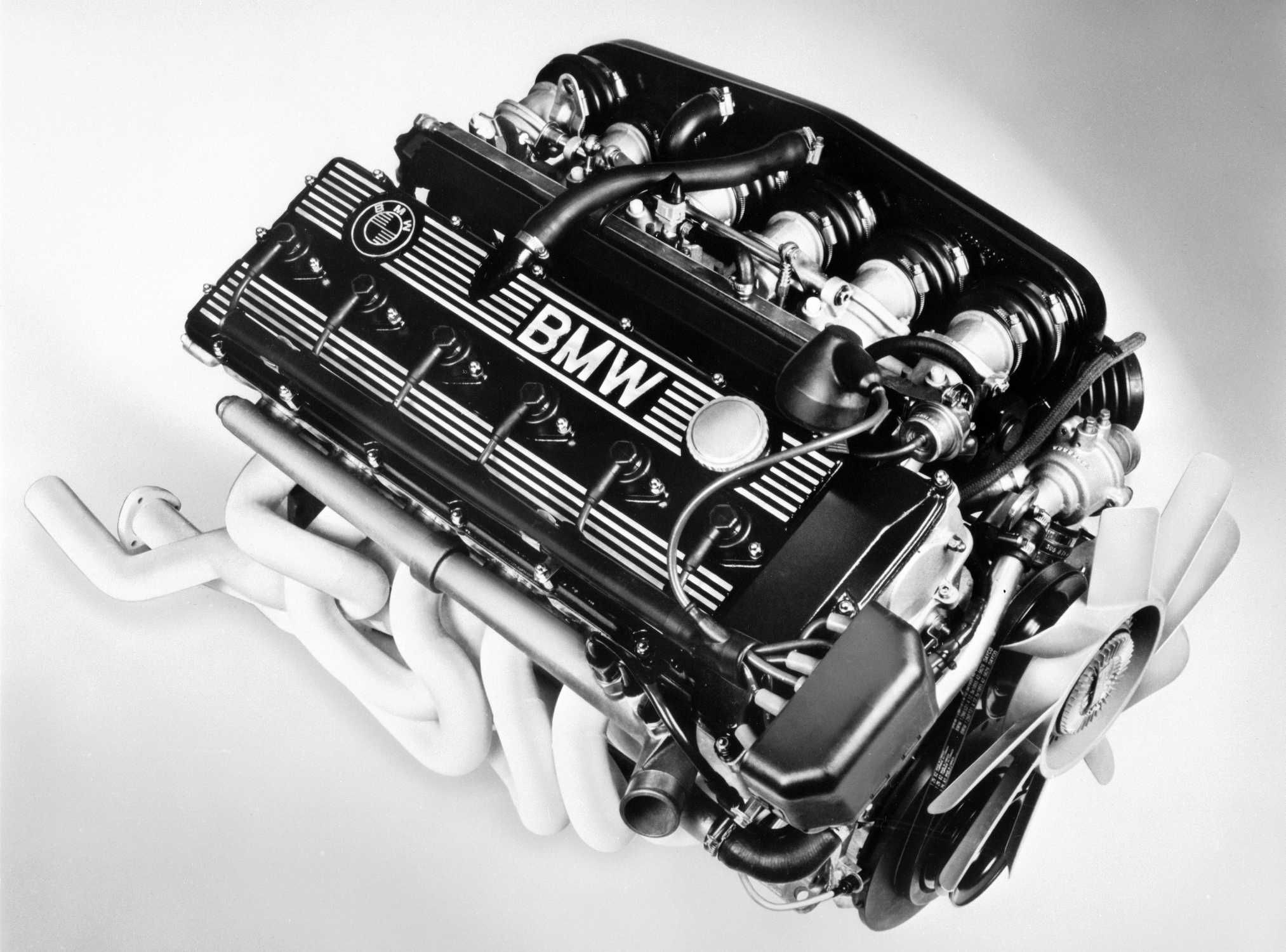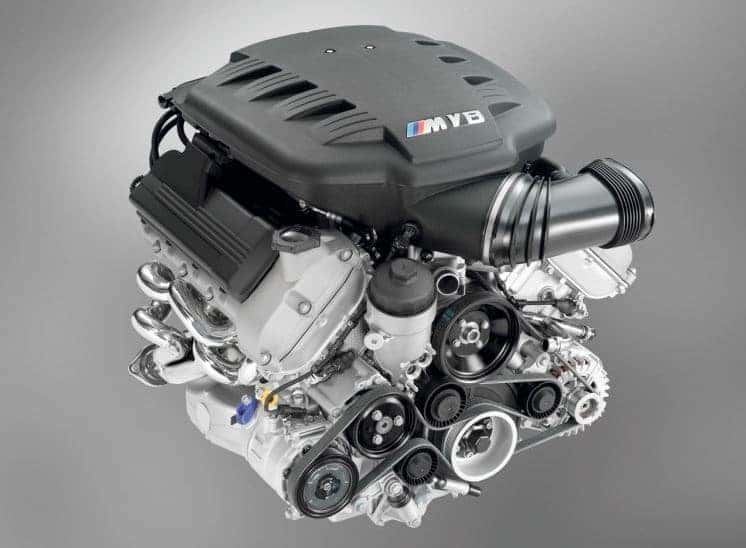Introducing the Intricacies of Next-Generation Power Units: a Deep Study Advanced Engine Layouts and Advancements
In the world of automotive design, the relentless pursuit of performance, sustainability, and efficiency has moved the development of power devices to extraordinary heights. As we depend on the precipice of a new age in transportation, the details of next-generation engine designs beckon us to discover the advanced innovations and developments that promise to redefine the driving experience. From sophisticated materials that push the limits of durability and weight reduction to advanced turbocharging and supercharging systems that elevate power outcome to new levels, each part of these power devices holds a crucial to unlocking the future of automobile engineering. Digging deeper right into the realms of emission control, intelligent engine monitoring systems, and the horizon of power device growth, we discover ourselves on the cusp of an improvement that assures to reshape the landscape of movement as we understand it.
Development of Engine Materials

The change towards advanced engine materials has actually also allowed engineers to design engines with higher power outcomes while keeping fuel performance standards. The use of light-weight products lowers the overall weight of the engine, leading to boosted gas economy and lower discharges. In addition, advancements in materials technology have actually enabled much better thermal monitoring within engines, causing raised integrity and long life.
Turbocharging and Supercharging Technologies
How do Turbocharging and Supercharging Technologies change engine efficiency and efficiency in modern automobiles? Turbocharging and supercharging are innovations that considerably boost engine efficiency by enhancing the quantity of air consumption right into the combustion chamber. Turbocharging achieves this by making use of a generator driven by exhaust gases to pressurize the consumption air, while turbo charging utilizes a belt- or chain-driven compressor to attain the same effect.
These innovations make it possible for smaller, more fuel-efficient engines to produce power equal to larger ones, referred to as downsizing. Forcibly even more air into the cylinders, turbo charging and turbocharging enhance combustion performance, resulting in enhanced horse power and torque result without a significant boost in engine size. This results in much better acceleration, towing capability, and overall driving efficiency.
In addition, turbocharging and turbo charging contribute to enhanced fuel performance by permitting the use of smaller engines that consume less fuel under regular driving conditions - bmw engine. This mix of enhanced efficiency and performance has actually made turbocharging and supercharging important parts of many modern-day engine designs
Discharge Control and Environmental Impact
With increasing global problems concerning air quality and ecological sustainability, reference the application of emission control modern technologies in automobiles plays a critical function in decreasing damaging contaminants launched right into the environment. Modern lorries are outfitted with innovative exhaust control systems that help decrease the environmental effect of auto operations. Catalytic converters, for circumstances, are made to transform harmful gases such as carbon monoxide gas, nitrogen oxides, and hydrocarbons into much less hazardous compounds like co2 and water vapor.
Additionally, improvements in engine modern technology, such as the assimilation of exhaust gas recirculation systems and selective catalytic reduction, have actually substantially added to lowering discharges. These technologies work in tandem to enhance combustion effectiveness and reduce the release of hazardous contaminants into the air. In addition, the growth of hybrid and electric automobiles stands for a vital step towards lowering the total environmental footprint of the transport market.
Intelligent Engine Administration Systems

Furthermore, these systems make it possible for cars to This Site satisfy rigorous discharges criteria without jeopardizing performance, giving a more eco-friendly driving experience. The integration of expert system and artificial intelligence capacities in engine management systems proceeds to press the limits of what is feasible, leading to additional improvements in performance, dependability, and total car efficiency. bmw engine. As automotive innovation advances, smart engine management systems will certainly play an essential function in forming the future of transportation towards a much more effective and lasting instructions
Future Trends in Power Unit Development
As smart engine administration systems pave the way for improved control and optimization in modern cars, future trends in power unit development are positioned to redefine the landscape of automobile propulsion innovations. These alternate power sources provide improved efficiency and efficiency while aligning with stringent ecological laws.
One more considerable trend is the integration of sophisticated products and producing techniques. Light-weight products such as carbon fiber and aluminum are being made use of to reduce total lorry weight, improving fuel performance and efficiency. Additionally, improvements in 3D printing and additive manufacturing are enabling the manufacturing of complex engine parts with greater accuracy and durability.
In addition, man-made intelligence and artificial intelligence are playing a vital duty in optimizing power system efficiency. These innovations permit real-time surveillance and flexible control, resulting in extra reputable and efficient power shipment. Generally, future trends in power unit development are tailored in the direction of performance, sustainability, and performance, driving the automotive sector in the direction of a brand-new period of propulsion innovations.

Conclusion
In verdict, the innovations in engine materials, turbocharging, exhaust control, and intelligent monitoring systems have led the method for next-generation power devices. These developments have not just improved performance and effectiveness yet likewise reduced ecological impact. As modern technology remains to advance, future trends in power unit advancement are likely to concentrate on further improving sustainability and maximizing power output. redirected here The complex designs and technologies in contemporary engines showcase the ongoing advancement of automotive innovation.
Exploring the modern improvements in engine products has actually been crucial in enhancing the efficiency and efficiency of modern engines. Over the years, the development of engine materials has played a critical duty in pressing the limits of what engines can accomplish.The change in the direction of progressed engine materials has likewise allowed designers to develop engines with higher power outputs while preserving gas effectiveness criteria.The execution of intelligent engine administration systems in contemporary cars has transformed the method engines are controlled and optimized for efficiency and performance. By accumulating data in real-time and analyzing it with sophisticated algorithms, smart engine monitoring systems can adjust to driving styles, ecological aspects, and engine health and wellness to make best use of power output while decreasing gas usage and discharges.